Retired Professor of Nursing and Independent Scholar Dr Megan-Jane Johnstone AO has turned her hand to her first love – art – with the same fervour she applied to a lifetime career in nursing and healthcare ethics.
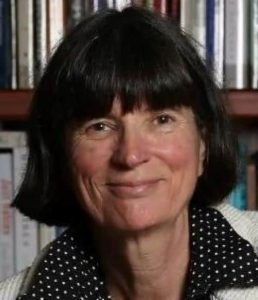
“The two are so closely interrelated that it has been a natural transition for me to go from ‘ethicist’ to ‘artist’ – and in my exploration of the links between art, ethics and justice,” Dr Johnstone said.
The emerging contemporary artist recently received a Highly Commended in the Victorian Artists Society (VAS) George Hicks Foundation Contemporary Exhibition 2023, less than five years after picking up a paintbrush after a hiatus of almost four decades. [image]
Dr Johnstone’s paintings encompass contemporary and abstract expressions of characteristic landscapes and unique geological features found in New Zealand where she grew up and outback regions of Australia where she has travelled extensively.
“Our mind and our psyche are sculptured by the land. I have been taught in the art of observation. My brain has been taught to recognise patterns in how I see the land. I see patterns in the land everywhere.
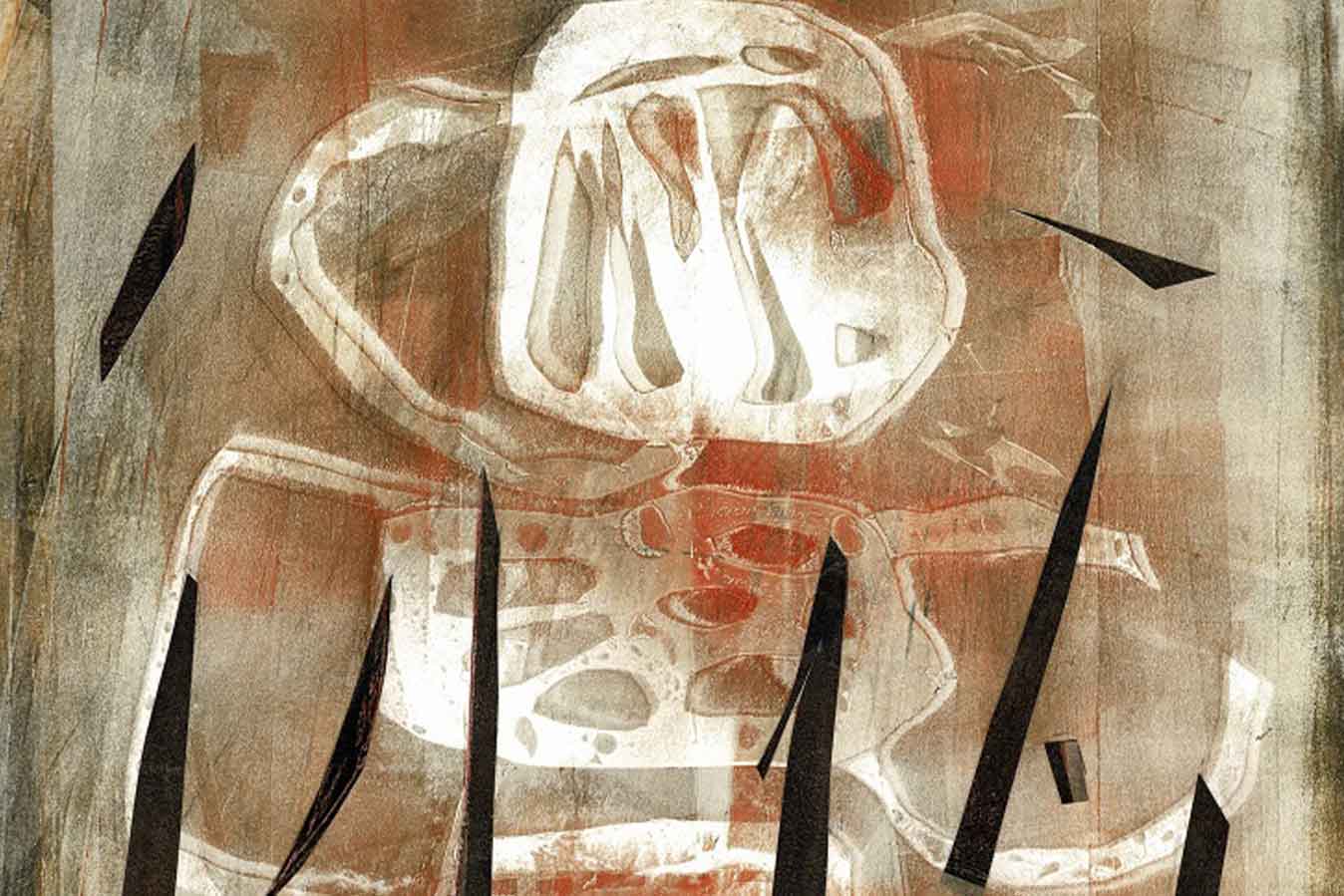
She is particularly captivated and inspired by the ‘fullness of emptiness’ of the vast Australian outback with its ancient geological formations and thriving desert florae.
Dr Johnstone retired from nursing academia in 2017 following a distinguished 43-year career in nursing, with 33 years in the higher education sector. Her academic positions have included appointments as professor of nursing respectively at RMIT University and Deakin University, Melbourne.
As a child and teenager, Dr Johnstone was always painting. This progressed to when she lived in the nursing quarters/home in the 1970s.
“The authorities gave me an old laundry store room as a studio. I was permitted to paint the windows in the lounge of a paediatric ward at Easter and Christmas – it became a talking point in the lounge.”
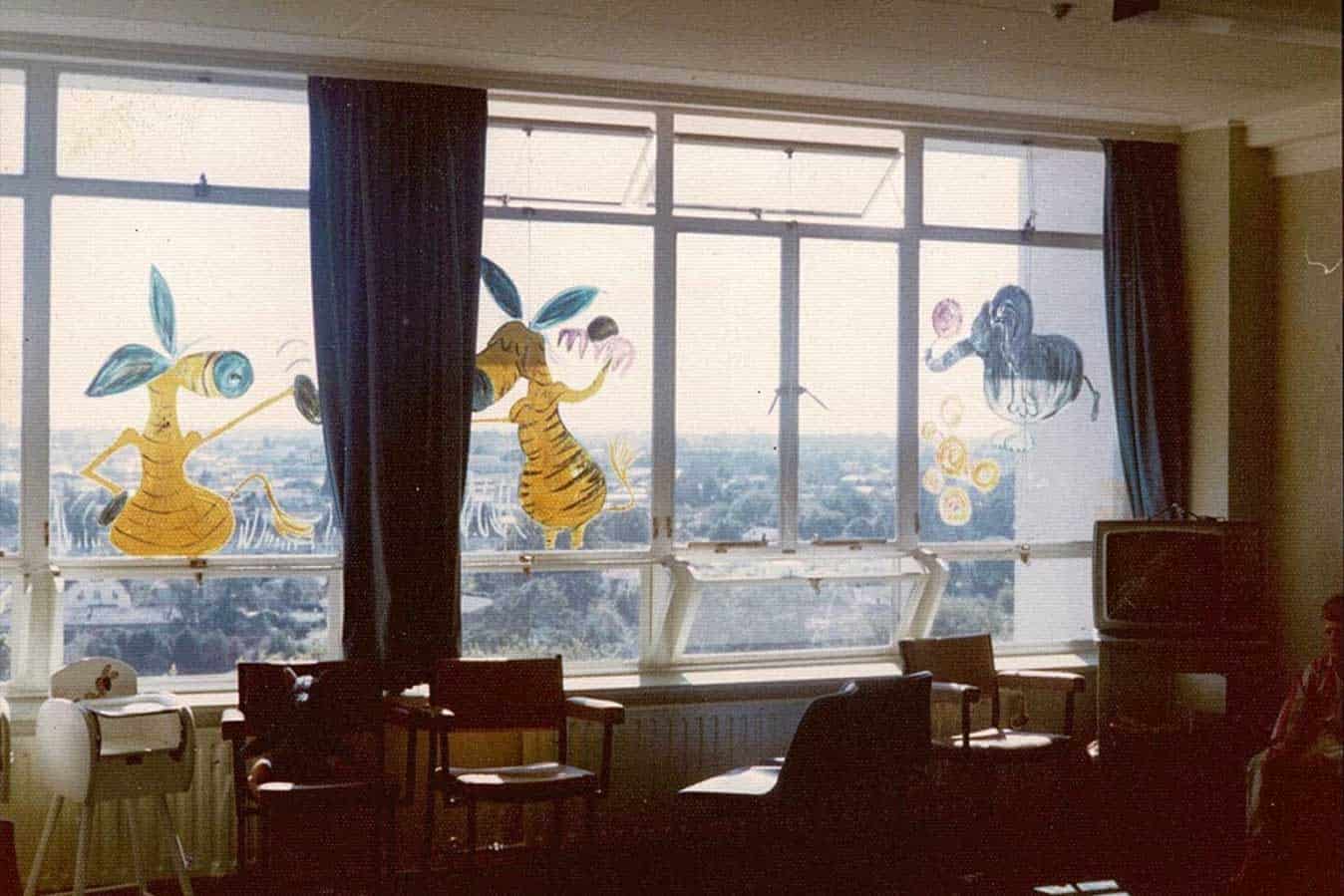
Dr Johnstone travelled overseas and then, after returning, attended university where she completed a Bachelor of Arts majoring in Philosophy. Following this she focused on nursing, philosophy, and healthcare ethics, and the rest as she says, is history.
“Years ago I realised that language was the passport to the world and I was aware that I did not have a big vocabulary so I went to university. It was quite a unique experience. Over half of the students at the university were mature age, and most of them were women.
“I was 24-years-old having coffee with a fellow mature-age student. I talked to her about the issues I’d seen in the hospital and the woman (her name was Muriel) said to me: ‘Philosophy for you my girl, philosophy.’ It was a turning point. Lecture 3 was on Ethics and this was a eureka moment for me – I at last had a name for the issues I had experienced in the hospital – they were ‘ethical issues’. I left behind the paintbrush and put all my energy into advancing the discipline of ethics in nursing healthcare.”
Her passion for art lay dormant for decades but only three days into her retirement, Dr Johnstone picked up a paintbrush – almost 40 years to the day since she had last painted.
Since recommencing her art practice in 2017, she has been exploring and experimenting with different mediums, genres and subject matter. Her painterly interpretations aim to give viewers a multidimensional experience of the infinite possibilities in which the natural environment can be viewed, interpreted and enjoyed.
“I’ve been flitting around with different styles, it’s not what’s done in art but I paint the style that suits the subject.
“In the Equinox and the Solstice I’ve used native grasses as masks to get the pattern that imbued the autumnal season.”
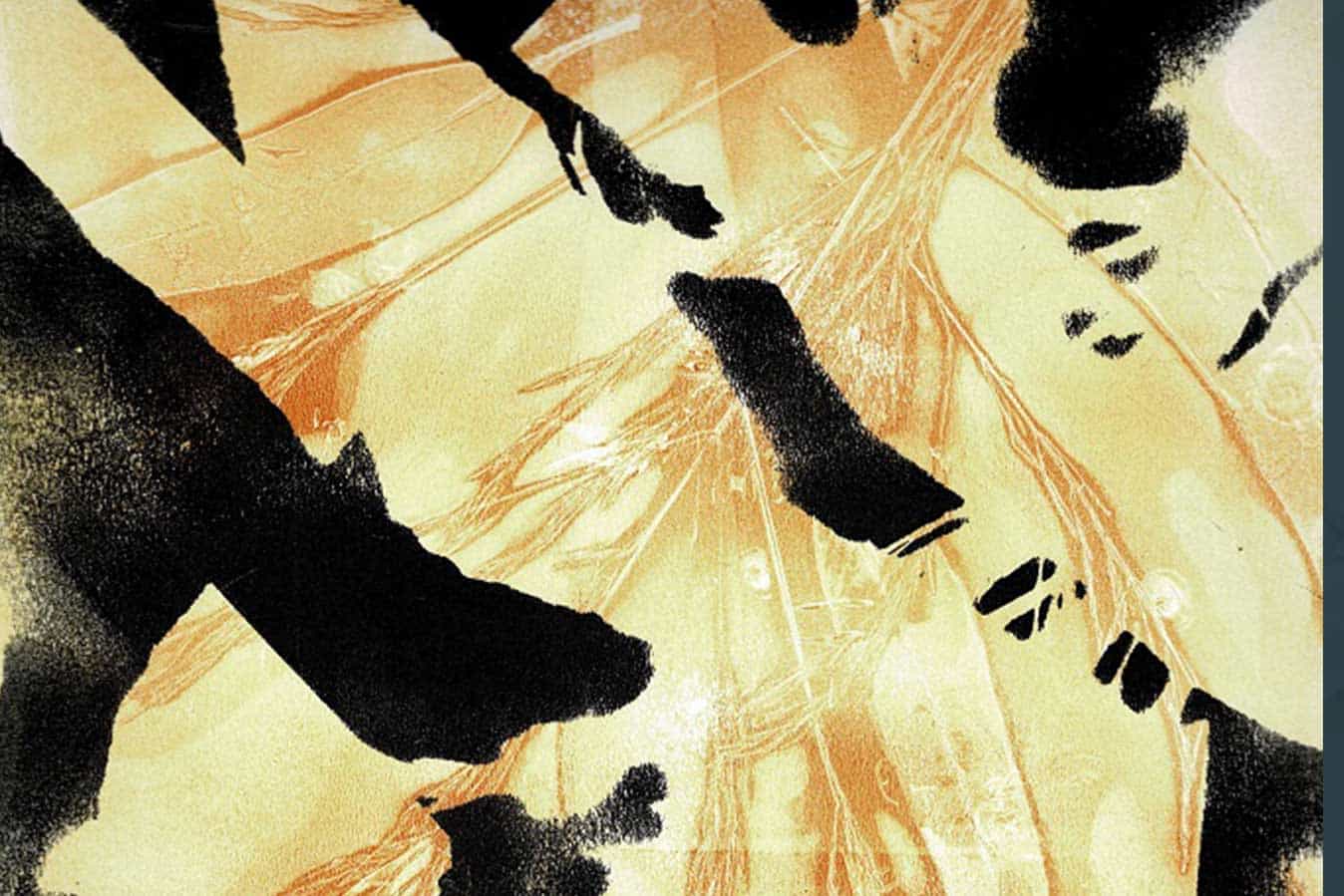
Although retired, Dr Johnstone has since re-engaged with nursing academia with the advent of COVID – based on her retirement caveat that she would return if “something big” happened. Whilst unable to return in a clinical capacity and with “survivor’s guilt”, Dr Johnstone explored the ethical dilemmas for nurses and midwives during- and post-pandemic.
“I could still do what I do best – and that’s to write and provide the scaffolding on which nurses could hang their experiences and help to make sense of what they were feeling.”
There has been a phenomenal response to Dr Johnstone’s series of articles/work published on pandemic ethics including in the ANMJ, both here in Australia and internationally.
Three articles by Dr Johnstone are freely available on the ANMJ website:
The bogus ‘right’ NOT to wear a mask – ANMJ
COVID-19: The ethics of solidarity and encouraging responsibility – ANMJ
COVID-19: The moral costs of making tragic choices – ANMJ
The national and global impact of the COVID-19 pandemic posed particular and overwhelming challenges to members of the nursing profession, Dr Johnstone said. In a recent paper presented at a symposium in Germany, she explores the possible therapeutic value of and the synergy that exists between ethics, art and justice.
Our world, as we know it, has changed irrevocably over the past few years, deepening human alienation across the globe and contributing to a perception that our world is in disarray, raising important questions about the value and meaning of life, said Dr Johnstone.
“It is not being suggested here that ethics or philosophy as ‘therapy’ can assuage distress caused by life’s challenges. Nonetheless, the therapeutic value of ethics, art and justice may have a practical role.
“It may help to provide a scaffolding upon which nurses can develop their own morally wise thinking and be better positioned to make sense of and give meaning to the chaotic, disengaged and alienating environments in which they may find themselves.”
So, what is the link between ethics, justice and art? Aesthetics. There is something beautiful and aesthetic about justice and about ‘doing the right thing’. Like beautiful art, the aesthetics of ethics and justice brings us face-to-face with our own powers to create, said Dr Johnstone.


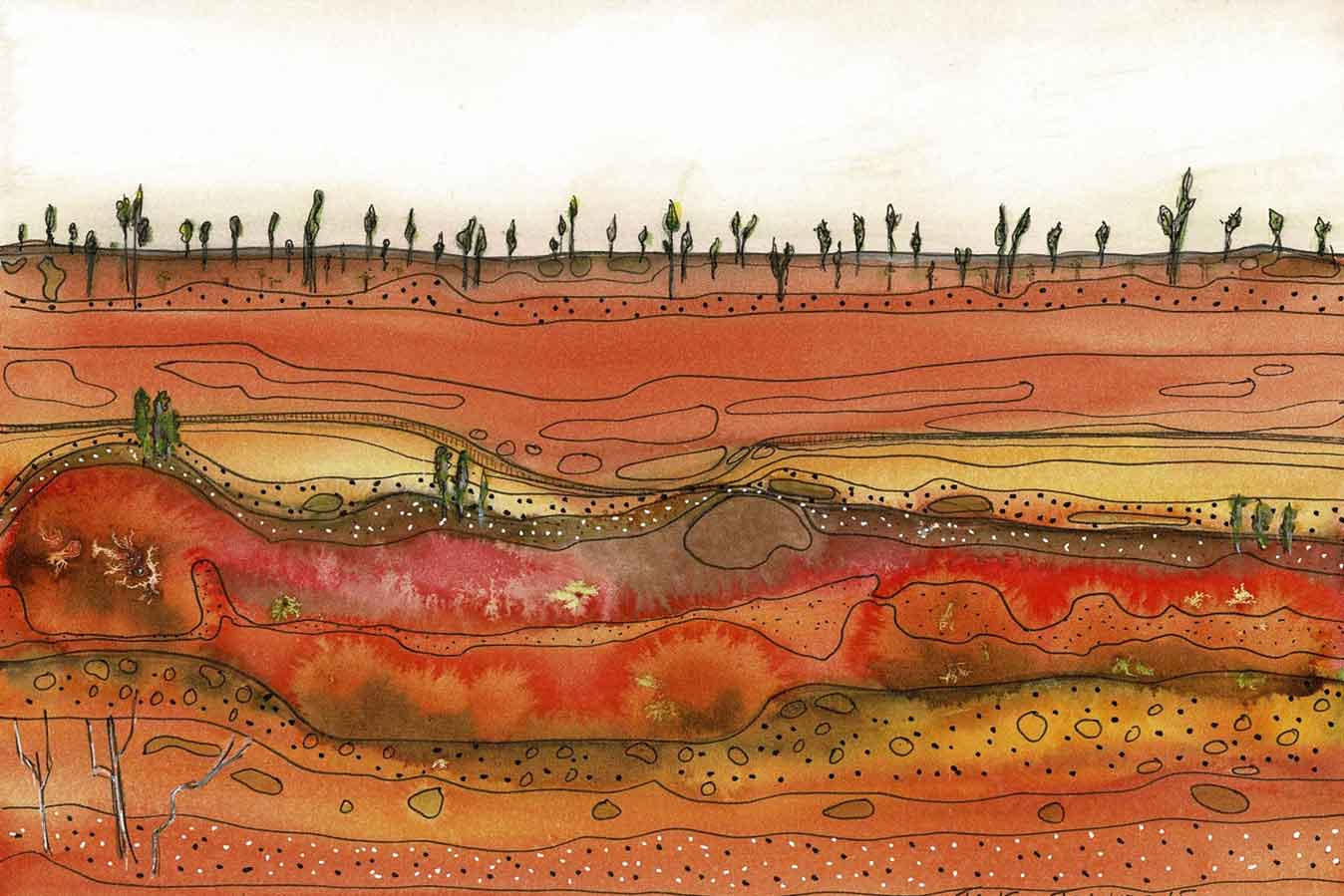






One Response
What a great biography of your life. Fascinating and inspirational. Hope you are proud of who you are and what you contributed to others.
Congratulations on a life of dedication and I’m sure sacrifice.